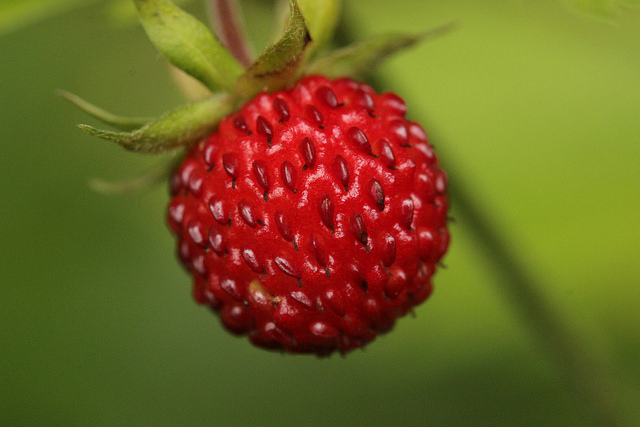“The earth produces on its own.” Thank God, literally.
Every once in a while Jesus gives us a break — a break from the demands of bringing about the Kingdom of God. A break from the commands of making sure God’s reign really does reign. A break from everything that has to be done and knowing what needs to be done. I hear a bit of a respite in this week’s Gospel text, a much needed rest from the persistence and resistance and vigilance necessary to ensure that the Kingdom of God does not end up in the periphery of our vision.
Because every once in a while we need a break — and this seems just about the right time in the rhythms of the church year. We have transitioned into summer schedules. We have likely made it through graduations and confirmations. And while we are reluctant, hesitant, even unwilling to imagine some time off from our call, Jesus reminds us of a truth we often forget — the earth produces on its own. That is, the reign of God grows automatically and regardless of our intentions and efforts. Quite honestly, that is a relief. Not a pass. Not an excuse for time off. But an essential prompt so that we never become over-reliant on our own energies. Once we start to think that by our own reason and strength, by our own planning and programming, by our own ministerial labors and homiletical brilliance that the Kingdom of God will reach its fullest fruition, we have forgotten that we are talking about the Kingdom of God.
This week, Dear Working Preachers, Jesus invites us to give ourselves a break. That sometimes our work needs only to be good enough. That sometimes it’s okay to say that our week can only meet the bare needs. That sometimes it’s just fine to remember that the Kingdom of God indeed comes without our prayers, without our best determinations.
It’s rather easy with this parable, I suspect, to make some analogous moves to our own lives when it comes to what is within our capacity to change and make happen. This column is late because I have had a very poignant reminder of this very truth this week. My oldest son graduated from high school. I knew it would happen, in theory, without my making it so. My oldest, first-born, premature son graduated from high school. All by himself. But, as a parent, you want to make it happen over the top. With a perceptible level of extraordinary. Post ceremony, post party I am just beginning to realize that it all happened on its own — and it all happened on his own.
But I have to admit that for me, this is an exceedingly difficult truth to accept — that things can come about, and quite well, thank you very much, without me I don’t know about you, but excelling and excellence, evidence of effort and clear indication of my accomplishments are that by which I assess and adjudicate my worth. In fact, I am much better at finding value and meaning in my doing than I am in the results of my doing. I cannot tell you how many times this was the conversation du jour when I was meeting regularly with my therapist. How I located my importance, how I determined my value in crossing off the items on my “to-do” list, which, by the way, was always longer than anyone else’s. Yes, you are right. You guessed it. The length of my “to-do” list issue was frequently a topic all on its own with my therapist.
In thinking about “the earth produces automatically” I remembered a conversation I had last fall. If I have already shared this conversation with you, Dear Working Preachers, I apologize. But, this is life, right? Memories cycle back — sometimes when you don’t want them, sometimes just when needed. I was having dinner last year with the presenters at our fall preaching event at Luther, “Working Preacher Presents: The Craft of Preaching.” One of these amazing preaching women shared with us why she was doing what she was doing at this time in her life. “I am living out of my call, not my can.” I paused. Wait, what? What “can”? It was that profound, that serendipitous, that meaningful, and so at first I did not understand what she meant. So much of our lives, our calls, is about demonstrating what we can do rather than what we are called to do. It makes sense. Ability is often much more easily demonstrable than vocation. So our default is doing rather than being. Lists rather than living. And quantifiable measurements rather than qualifiable moments.
I realized this week that I will always struggle with “the earth produces on its own.” I will resist it at every turn — maneuvering, manipulating, managing production instead of trusting. And so, I will be forever grateful for this overlooked parable, unique to Mark, unassuming in its proclamation of the Gospel. And I will keep in and on my heart that much of life, just like the Kingdom of God, all produces of itself.
Karoline

